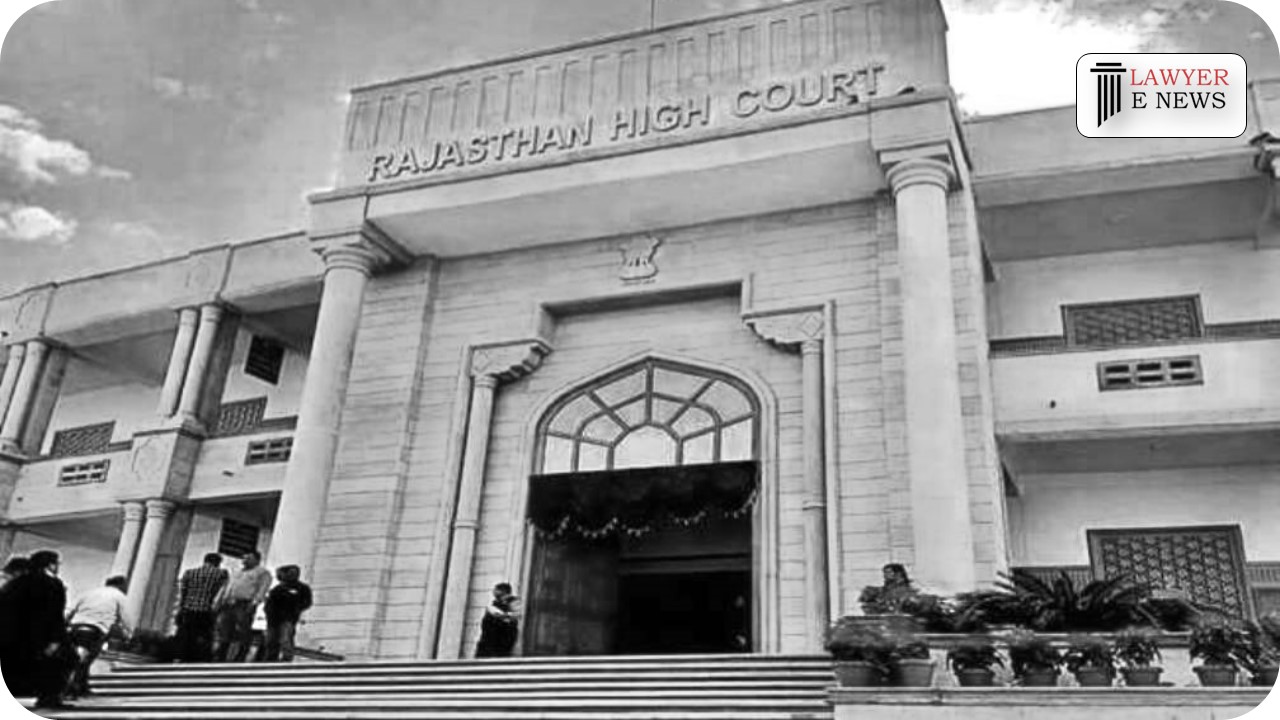-
by sayum
14 February 2026 2:22 PM



In a significant ruling, the High Court of Judicature for Rajasthan, Bench at Jaipur, upheld the termination of a petitioner’s services in a civil writ petition, highlighting the consequences of fraudulent conduct in obtaining employment. The judgment, delivered by HON’BLE MR. JUSTICE ANOOP KUMAR DHAND, emphasized the principle that “fraud avoids all judicial acts, ecclesiastical or temporal,” and denied the petitioner’s claim to continue in service.
The petitioner, Rohitashwa Kumar, a former teacher, faced criminal charges that led to his conviction under various sections of the Indian Penal Code (IPC). Rather than disclosing this critical information to the department, Kumar suppressed the facts and falsely obtained extraordinary leaves on the pretext of family emergencies. In a bid to further mislead authorities, he falsely claimed acquittal in his appeal against the conviction.
Taking cognizance of Kumar’s fraudulent actions, the departmental proceedings under Rule 17 of the Rajasthan Civil Services (Classification, Control, Appeal) Rules, 1958, were dropped, and his application for voluntary retirement was initially accepted. However, when the truth came to light, the voluntary retirement order was withdrawn, and the petitioner’s services were terminated based on Rule 19 of the CCA Rules 1958.
Justice Dhand asserted, “Fraud avoids all judicial acts, ecclesiastical or temporal. Dishonesty should not be permitted to bear fruit and benefit those who have defrauded or misrepresented themselves.” The court highlighted the significance of trust and integrity, particularly in uniformed services, and ruled that fraudulent conduct could not be tolerated.
The judgment, drawing on the legal maxim “Nullus Commodum Capere Potest De Injuria Sua Propria” (No one should benefit from their own wrongdoing), emphasized that the termination was justified, given Kumar’s deceitful actions and the impact on trustworthiness in the workplace.
The ruling serves as a reminder to employees and job seekers that fraudulent actions in obtaining employment can have severe consequences, including termination from service. Employers retain the right to assess credibility and trustworthiness, and employees must uphold the highest standards of honesty and integrity in their professional endeavors.
Date of Decision: 11.07.2023
Rohitashwa Kumar vs State Of Rajasthan
